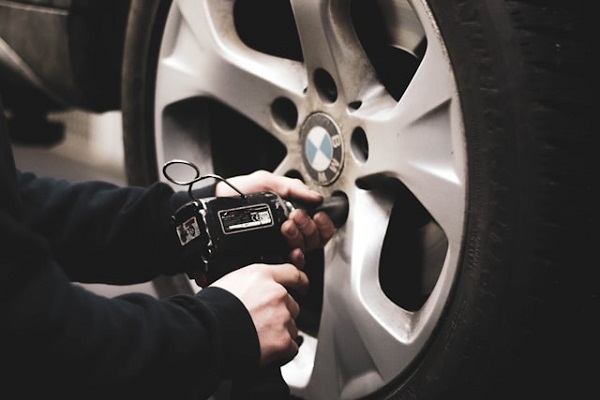
**This is a sponsored post**
Whether you live in Bolton, Bristol, Basildon or Berwick, you need to have an annual MOT carried out on your car as soon as it turns three years of age. MOTs aren’t there to make car ownership more complex with a set of tests and inspections you could do without: they’re in place to protect drivers, passengers, other road users and even pedestrians. Wherever you drive your car in the UK, here’s how MOT inspections help to make everyone on British roads safer.
1. Emissions Testing
To begin with, the particle emissions from cars never used to be checked during an MOT but this part of the test was introduced to try and combat heavily polluting vehicles. In cities like Birmingham and Bristol, air quality is greatly affected by traffic. Cars that run on petrol and diesel produce exhaust fumes which must not exceed a certain threshold of particle density. If they do, the car in question will fail until it can be repaired and re-tested. Bear in mind that the same rules apply on emissions even if you drive around rural areas in the Essex countryside, for example. That said, there are some places you cannot enter without paying a fee if your car isn’t modern enough to produce low emissions. The most well-known example is London’s ULEZ zone, of course.
2. Tyre Safety Checks
Tyre safety is something that many motorists overlook. In fact, you should be checking the tyre pressure of your car every two or three times you refuel to ensure they are safe. Under-inflated tyres are difficult to spot until they get very flat. Even a few PSI below the recommended level will make it harder to stop if there’s an incident on the road ahead of you. Worse still, partially flat tyres don’t respond as quickly when you need to swerve to avoid an obstacle. An MOT will involve checking the overall condition of your tyres including checks on the tread to make sure there is enough to be legal on the road. You can also set up your MOT in Basildon with Elite Direct or a test centre close to you because your tyres may already be approaching their legal limit which could, in theory, invalidate your insurance. Knowing you’ll soon need to replace one or more tyres is a key part of what the MOT is all about for many motorists.
3. Visibility Inspection
Even if you only drive your car a few miles each week for the school run or to pop to the supermarket, you need to be able to see clearly. If not, you are driving in an unsafe way. An annual MOT confirms that every car on British roads meets visibility standards. This means that the headlamps will be checked to make sure that driving in low-light conditions is possible. You can also expect the rearview mirror to be checked along with your wiper blades, a key part of any driver’s ability to see when it’s raining, of course.
4. Brake Pad Testing
Brake pads aren’t that difficult to replace, requiring no special training. However, many car owners let their pads wear down until they’re barely operable. An MOT test will check that brake pads are in good working order. Replace yours if they squeal when you dab the brake pedal or your car might not pass the inspection.
5. Seatbelt Checks
Finally, seatbelts must be checked during an MOT. Most drivers don’t realise that twisted seat belts that don’t retract properly can lead to a failed test. Untwist yours to prevent unnecessary fraying and premature ageing. If you have a faulty seatbelt, then have it replaced even if you never carry passengers. Doing so will mean your car passes and doesn’t need to be booked in for a second MOT needlessly.
YEA